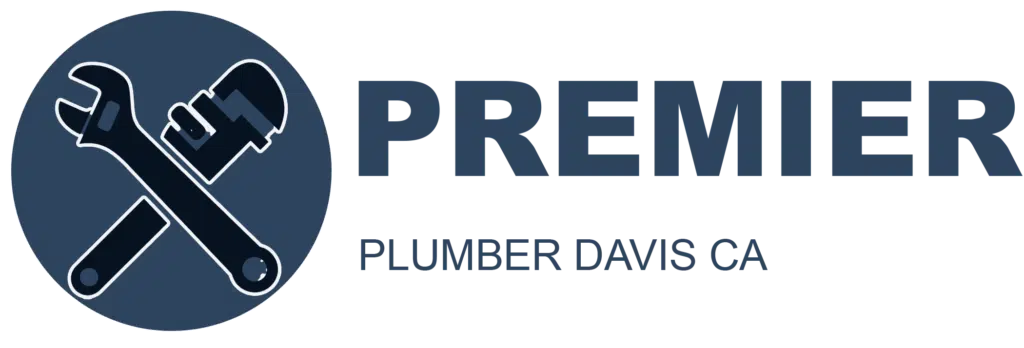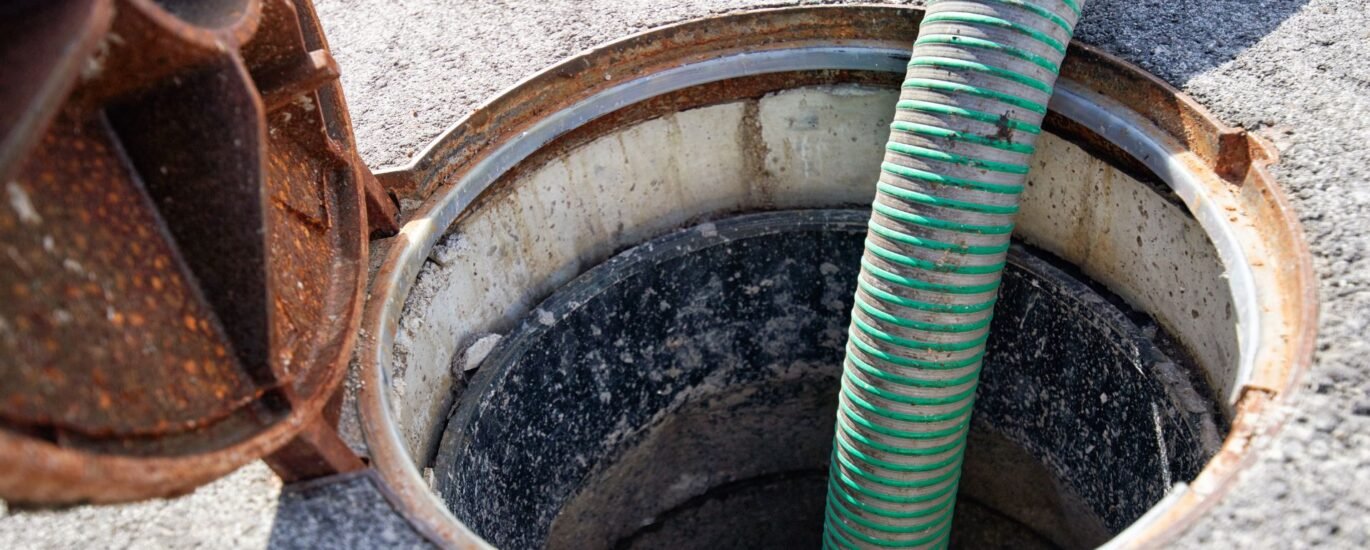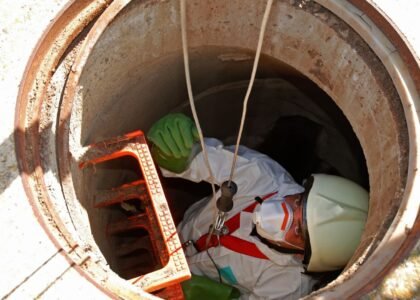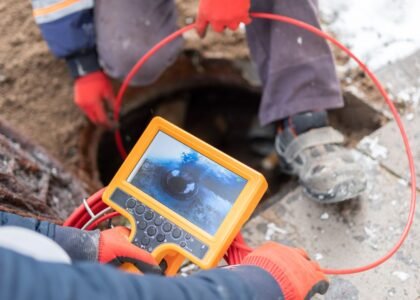Keeping your plumbing system in top condition is one of the most important steps in maintaining a healthy, comfortable home. One of the best ways to achieve that is by investing in regular sewer line inspections. Even though your sewer lines are out of sight, they shouldn’t be out of mind — hidden issues can lead to costly repairs, unpleasant odors, and major property damage.
In this article, we’ll explore why sewer line inspections are crucial, how they work, and when you should schedule one for your property.
Why Sewer Line Inspections Matter
Your sewer line is the lifeline of your home’s plumbing system. It carries wastewater away from sinks, toilets, and appliances to the city’s main sewer system. If something goes wrong underground, the impact can be significant — both financially and hygienically.
Common Problems a Sewer Line Inspection Can Detect
A professional sewer line inspection can identify a variety of hidden issues before they escalate, including:
- Tree root intrusion: Roots can infiltrate the sewer line, causing blockages or pipe breaks.
- Corrosion and deterioration: Older metal pipes can corrode, leading to leaks or collapses.
- Clogs and buildup: Grease, soap scum, and debris can create obstructions over time.
- Shifting soil: Ground movement can cause misaligned or broken pipes.
- Bellied pipes: Sagging sections where waste accumulates can result in recurring clogs.
By detecting these problems early, you can prevent major emergencies and keep your plumbing running smoothly.
How Sewer Line Inspections Work
Modern plumbing technology has revolutionized the inspection process. Instead of digging up your yard, professionals use high-resolution camera equipment to get a close look inside your sewer line.
Step-by-Step Sewer Camera Inspection Process
- Access Point Creation: The plumber locates an entry point, such as a cleanout or drain.
- Camera Insertion: A flexible rod with a small video camera is inserted into the sewer line.
- Real-Time Monitoring: The camera sends live video to a monitor, allowing the technician to see the condition of the pipe.
- Problem Identification: Any blockages, cracks, or leaks are recorded for analysis.
- Recommendations: Based on findings, the plumber suggests the best course of action.
This process is non-invasive, accurate, and efficient, helping homeowners make informed maintenance decisions without guesswork.
The Cost of Ignoring Sewer Line Problems
Neglecting your sewer line can lead to expensive and unpleasant consequences. Here are a few potential outcomes of putting off inspections:
- Backups and flooding: Wastewater backups can cause property damage and health hazards.
- Costly repairs: Undetected leaks can undermine foundations or require full pipe replacements.
- Foul odors: Gases escaping from damaged lines can create persistent smells.
- Lawn damage: Leaking sewer lines can saturate and kill grass or create sinkholes.
Preventive inspections are a small investment compared to the high costs of emergency repairs.
How Often Should You Schedule a Sewer Line Inspection?
Experts recommend scheduling a professional inspection every 18 to 24 months, or more frequently if:
- Your home is over 40 years old
- You have large trees near your sewer line
- You’ve had recurring drain issues or slow drains
- You’re buying or selling a home
Regular inspections help catch small problems before they turn into major repairs.
Benefits of Routine Sewer Line Inspections
Scheduling a sewer line inspection offers several advantages:
- Prevents emergencies by catching problems early
- Saves money on major plumbing repairs
- Protects your property from water damage
- Improves efficiency of your plumbing system
- Provides peace of mind knowing your home’s system is in good shape
What to Expect During a Professional Inspection
When you schedule your inspection, a qualified plumber will:
- Arrive with specialized camera equipment.
- Perform a full system check for blockages, cracks, or leaks.
- Provide a detailed report and footage of the sewer line.
- Recommend maintenance or repair options if needed.
If you suspect any issues or just want to ensure your system is healthy, reach out to a trusted local expert.
Schedule Your Sewer Line Inspection Today
If you’ve noticed slow drains, bad odors, or recurring plumbing problems, it’s time to take action. The sooner you schedule a professional inspection, the better your chances of avoiding costly damage down the line.
Ready to protect your home? Learn more about Sewer Line Inspection services or contact us today to book your appointment with an experienced technician.



